Time:
Today is July 1, and we are celebrating International Plastics Month. Plastic is everywhere, and it's even more inescapable in healthcare. In honor of International Plastics Month, let's talk about some of the plastic wastes that are relevant to healthcare. They may seem ordinary, but behind them lies a big issue of environmental protection.
In the corner of the hospital, those used disposable syringes, infusion tubes, surgical gloves ...... they are representatives of medical plastic waste. However, do you know?
Traditional treatment methods such as incineration or landfill not only cannot effectively degrade plastics, but also may cause air pollution and soil contamination. And microplastics, as a common pollutant, may also enter the human body through the food chain, posing a potential threat to human health. But don't worry, we have solutions!
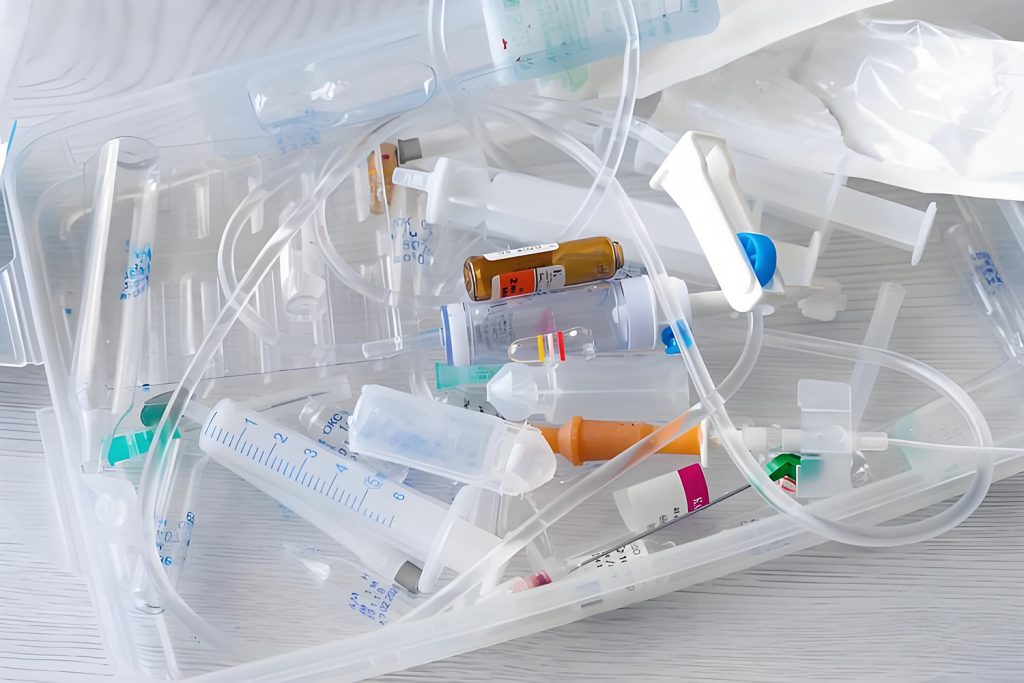
Firstly, start at the source by promoting the use of environmentally friendly and biodegradable medical supplies. So that the amount of plastic waste generated can be reduced. At the same time, do a better job of segregating and managing medical waste to ensure that they are disposed of properly. Secondly, let's talk about recycling.
Did you know that many medical plastic wastes can be recycled. They are in fact very high-quality plastic resources, usually made of high-quality plastic materials, with excellent physical properties and chemical stability, with high reuse value. Through professional recycling technology, they can be turned into treasures and contribute to environmental protection!
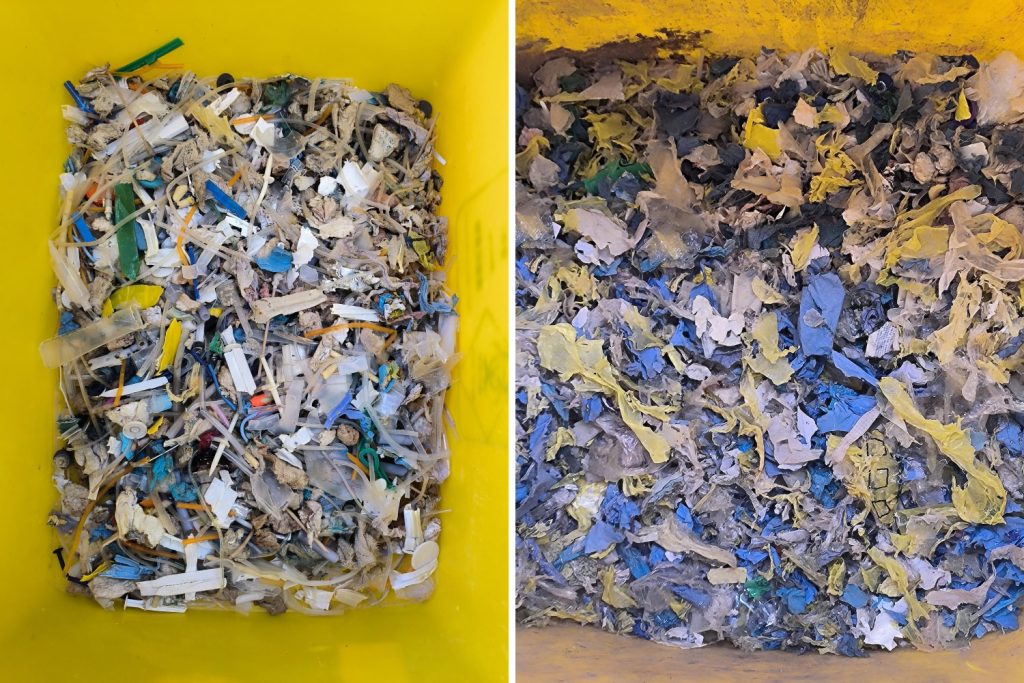
(left: useful plastic waste after the first sorting right: useless plastic waste after the first sorting)
The equipment sorts medical plastic waste through specialized technology, separating it into high-quality medical plastic waste and low-quality plastic waste. Based on this, the high quality medical plastic waste is sorted a second time, and finally the recyclable medical plastic waste is sorted out.
These medical plastic wastes can be reprocessed into new plastic products, such as recycled plastic garbage cans, and so on, so as to avoid polluting the environment with dioxins generated by the incineration of plastics.
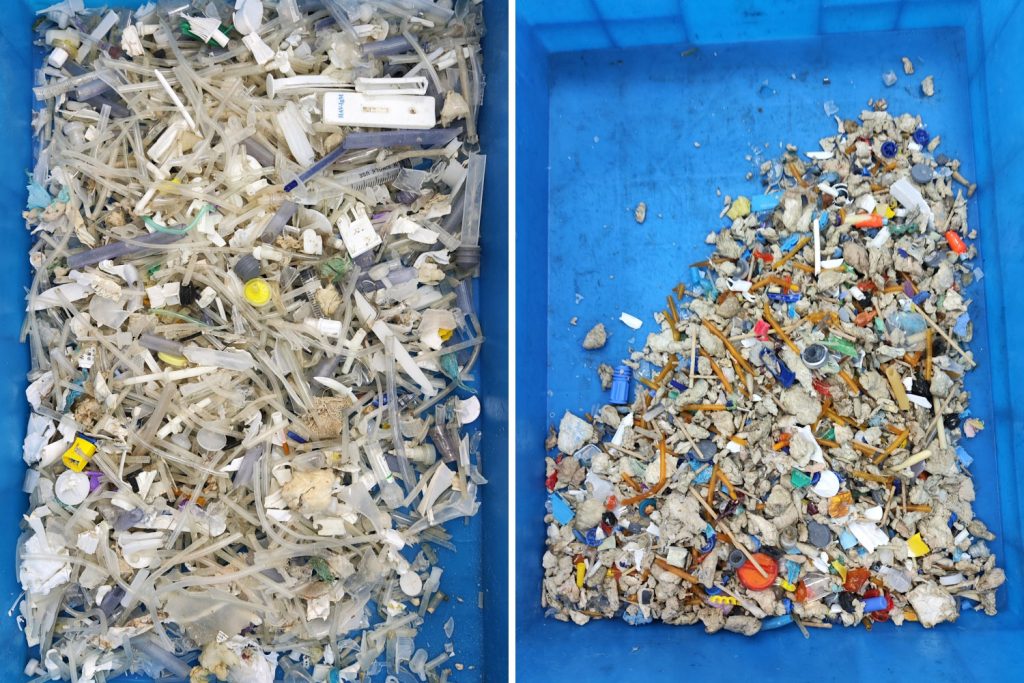
(left: useful plastic waste after second sorting right: useless plastic waste after second sorting)
Of course, the power of each of us is indispensable! In our daily lives, we can choose to use environmentally friendly products to reduce the generation of plastic waste. At the same time, we can actively participate in environmental protection activities and spread the concept of environmental protection. So that more people can understand and participate in environmental protection actions.
International Plastics Month is a time to remind us of the plastic pollution problem.Quick to learn and easy to know, we can all start small. Let's join hands and work together for the future of our planet!
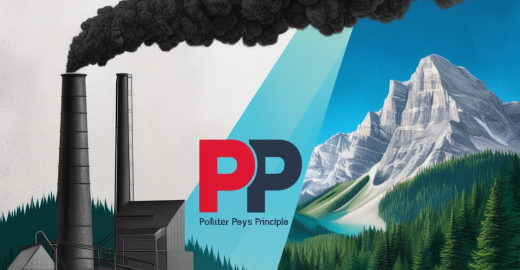
What is the Polluter Pays Principle The Polluter Pays Principle, abbreviated as PPP, means that the entities causing pollution should bear the costs of pollution…
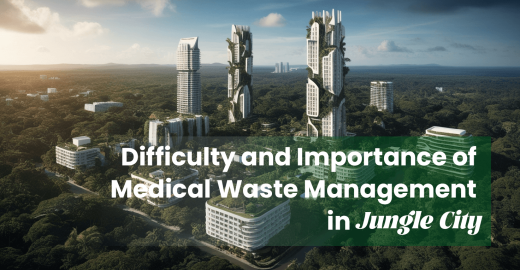
Forests and wetlands are crucial components of the Earth’s ecosystems, serving multiple functions such as climate regulation, water purification, and biodiversity maintenance. With the acceleration…
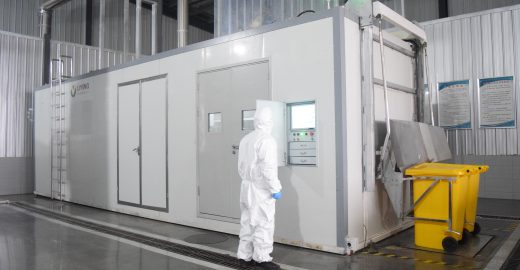
Of course! LI-YING has extensive experience in the harmless treatment of medical waste, particularly with microwave technology. Our equipment is distributed globally, serving over 300…
PDF Request